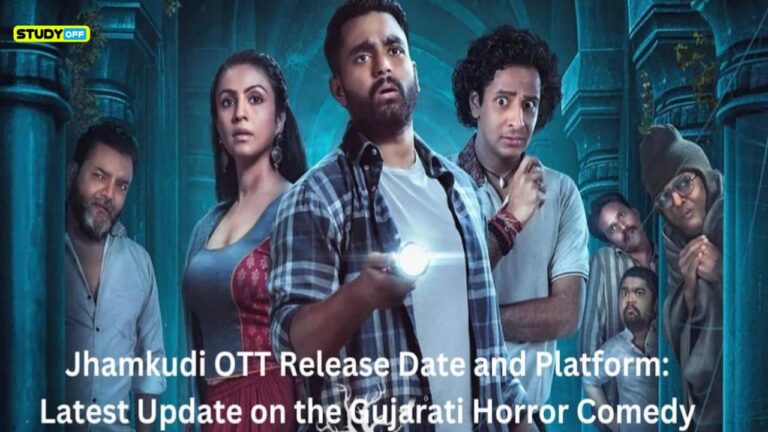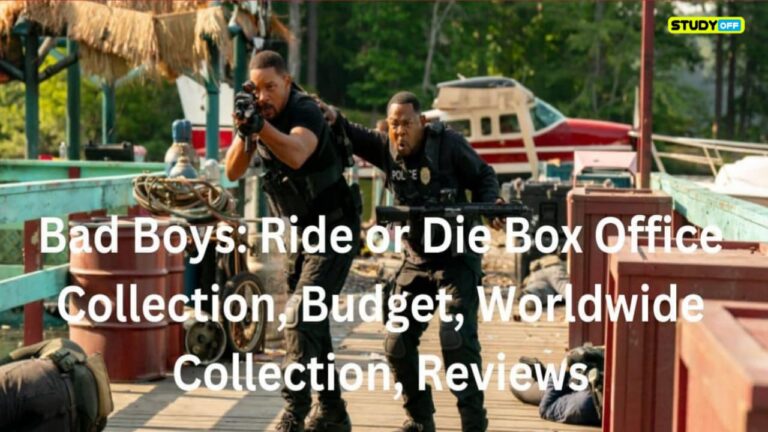Review of Skywalkers: A Love Story: Intended to be this year’s Free Solo, But Something Is Missing: A Vital Element [Sundance]
My palms were sweating from seeing 2018’s “Free Solo,” the Oscar-winning documentary about rock climber Alex Honnold’s audacious attempt to summit Yosemite’s El Capitan without any ropes to keep him from falling.
The same is true of Jeff Zimbalist’s recently released documentary, “Skywalkers: A Love Story,” which tells the story of Russian “rooftoppers” Angela Nikolau and Ivan “Vanya” Beerkus, who broke into skyscrapers, climbed to their highest points, and took pictures and videos for social media.
Since their particular specialty makes the term “fall for each other” loaded, let’s just say that their dynamic shifts as they overcome some absurdly risky climbs and grow to love one another. The two start the movie as rivals but gradually work together to accomplish goals.
Vanya is the uncomplicated strategist, equipped with a phalanx of GoPros, cameras, and drones, while Angela, whose parents were circus performers, adds an artistic flair to their “work,” executing acrobatics and gymnastic stances just inches from sheer drops. They counterbalance one another.
For those who are afraid of heights, this movie is an absolute nightmare.
The primary distinction between Skywalkers and Free Solo
![Review of Skywalkers A Love Story Intended to be this year's Free Solo, But Something Is Missing A Vital Element [Sundance]](https://studyoff.com/wp-content/uploads/2024/06/Review-of-Skywalkers-A-Love-Story-Intended-to-be-this-years-Free-Solo-But-Something-Is-Missing-A-Vital-Element-Sundance-1-300x158.jpg)
Those filmmakers argue for a good portion of “Free Solo” over whether or not they should be up on the mountain taking images of Alex Honnold trying to break the record because their mere presence could make him stumble or take a chance he might not have otherwise. The film’s directors, Elizabeth Chai Vasarhelyi and Jimmy Chin, also make it clear that they and their group of camera operators will be the ones to record Alex falling during his ascent.
This would be a terrifying experience that would undoubtedly have a lifelong, unimaginable effect on them. I thought the part of “Free Solo,” when individuals were really dealing with the effects of the climb on both the subject and other people, was just as important as the actual climbing video. It gave the story a personal touch and relatability.
It appears that “Skywalkers: A Love Story” is at the other end of the moral spectrum. Although it appears to be a love tale about comparable human achievements, the film is really solely focused in its two subjects and has little regard for other people.
Vanya and Angela never consider the very real possibility that, should they fall during one of their climbs, they could murder innocent bystanders. They never consider the devastating memory they would leave on that innocent civilian if they were to splat all over the ground close to an unwary individual who is simply going about their business, even if they are able to avoid killing someone after falling thousands of feet through the air.
They repeat phrases like “limits only exist in our minds,” “our full potential is on the other side of fear,” and “this isn’t an adrenaline addiction, it’s a commitment to self-growth” throughout the entire film, but to be honest, I believe that’s a bunch of bullsh .
Their philosophising is difficult to accept when it is obvious that they are doing this to gain influence on social media. These meaningless expressions serve as both a rationalisation for their actions and a symbol of the unsettling “me first” mentality that is becoming more and more prevalent in society.
For a brief moment, it seemed as though Zimbalist could address the protagonists’ relationship to mortality and the spectre of death in a meaningful way. Later in the film, Angela finds out that nearly every member of her previous rooftopping crew has perished in mishandled situations after seeing graphic footage of two rooftoppers plunging from extremely high altitudes. Even though she tries to keep a straight face, the news causes her body to respond physiologically. She momentarily loses consciousness during her next climb with Vanya, but neither she nor the movie let that stop them from continuing their objective without having a real moment of reckoning.
However, the video is indisputable.
Sundance Film Festival
![Review of Skywalkers A Love Story Intended to be this year's Free Solo, But Something Is Missing A Vital Element [Sundance]](https://studyoff.com/wp-content/uploads/2024/06/Review-of-Skywalkers-A-Love-Story-Intended-to-be-this-years-Free-Solo-But-Something-Is-Missing-A-Vital-Element-Sundance-2-300x158.jpg)
While watching Alex Honnold scale a mountain is undoubtedly impressive (and his unassisted climbs were much taller than the ones depicted here), mountains seem less relatable because it seems harder to judge distances in nature.
Read More:
Do the methods justify the ends, then? That is a question that each spectator will have to consider for themselves. I have to say that, in the end, I thought the movie was fairly compelling despite my reservations about the issues and their approaches.
The movie’s use of heist movie clichés to set up Vanya and Angela’s greatest ascent to date—the 118-story Merdeka, which rises out of Kuala Lumpur, Malaysia—is more successful. It’s definitely exciting to watch them try to scout their site, then construct and try to carry out their plan, especially when things start to go awry.
Read More:
Brooke Mueller’s Legal Troubles: Past Arrests and the Matthew Perry Investigation
A portion of the voiceover narration comes across as dreadfully predictable, especially towards the end when it builds to a cheesy resolution that almost completely abandons any realism the movie managed to establish up until then. Nevertheless, “Skywalkers: A Love Story” offers some of the most astounding real-life film you’ll probably ever view, providing a disorienting and brilliant glimpse at a hyper-niche culture.






